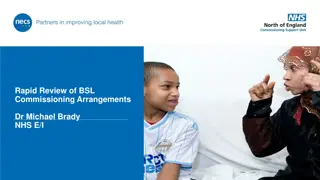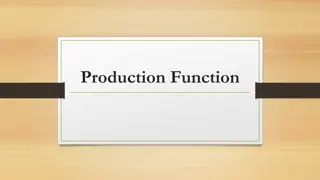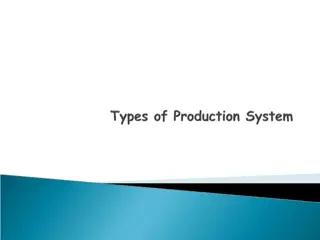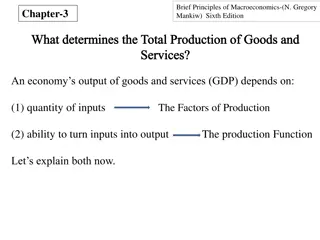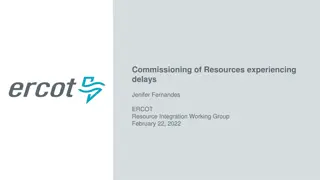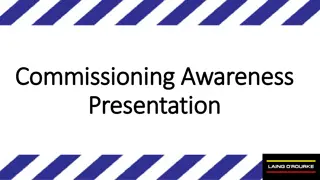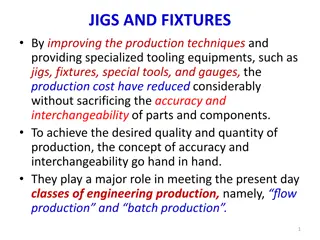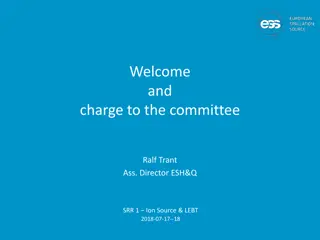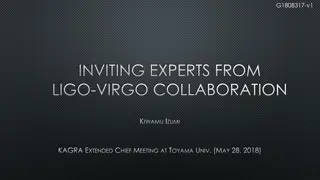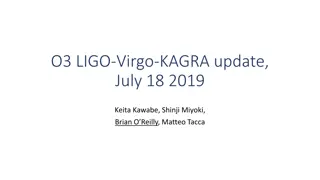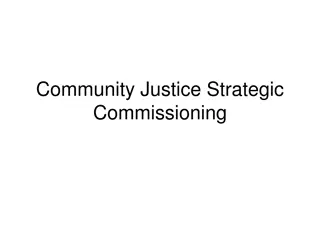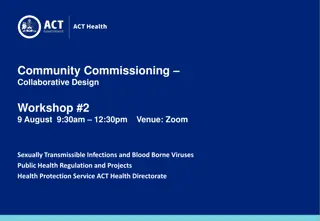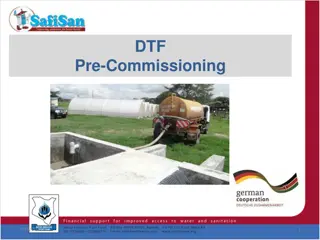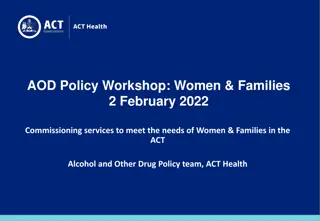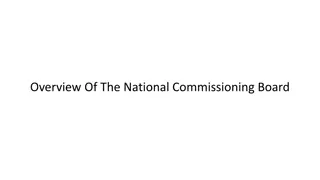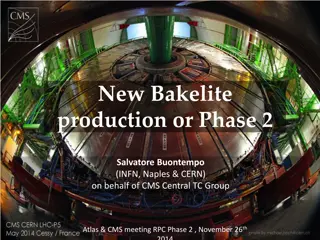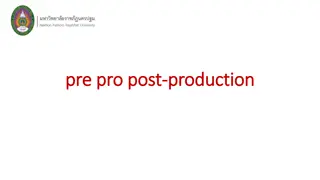Effective Strategies for Co-Production in Commissioning Process
Commissioning involves needs assessment, analysis, design planning, procurement, delivery, monitoring, and evaluation. Effective commissioning is person-centered, outcome-focused, inclusive, well-led, and promotes a diverse and sustainable market. Meeting needs through co-production is essential, involving educating, informing, consulting, co-designing, engaging, and avoiding coercion. Listening frameworks and organization areas are crucial to consider. Recognizing boundaries, equal participation, and shared vision are key in commission consideration. Facilitating co-production requires shared power, collective values, resources, and listening skills.
Download Presentation

Please find below an Image/Link to download the presentation.
The content on the website is provided AS IS for your information and personal use only. It may not be sold, licensed, or shared on other websites without obtaining consent from the author.If you encounter any issues during the download, it is possible that the publisher has removed the file from their server.
You are allowed to download the files provided on this website for personal or commercial use, subject to the condition that they are used lawfully. All files are the property of their respective owners.
The content on the website is provided AS IS for your information and personal use only. It may not be sold, licensed, or shared on other websites without obtaining consent from the author.
E N D
Presentation Transcript
What is commissioning? Needs assessment / analysis & design planning Procuring Delivery Monitor & evaluate 2
Effective commissioning Person centred & outcome focussed Inclusive Well led Promotes a diverse and sustainable market 3
Effective commissioning People s needs are better met when they are involved in an equal and reciprocal relationship with professionals and others, working together to get things done. 4
Meeting needs is best done through co-production commissioning
The ladder to co-production Educating Informing Consultation Co-production Co-design Engagement Coercion 6
Considering a commission? Recognise the boundaries Ideas blossom when everyone s voice is equal Start with a blank sheet let families fill it Everyone to share the same vision front line staff, management and families Involvement at every stage planning, development, delivery, evaluation Be clear about the process Acknowledge the range of skills needed for co-production. 9
Facilitating the opportunity At the start think how you ll work together - you ll need identified values and collective sense of direction Co-production mapping tool Flexible, accessible and appropriate resources Facilitation & listening skills Accept power is shared Everyone can contribute, but they may need support to do so Social Care Institute for Excellence - Resources to show how co-production of health and social care services with different groups can help improve the quality of care.https://www.scie.org.uk/co-production/people/ 10
Providers and those delivering services Feedback can improve everyone s experience Decision making process involve the people they are about Expectations of communities bring clarity throughout the commissioning process Partners all working well together will support better planning, target setting and outcomes Regular reviews which are evaluated by all partners 11
Further Info www.tameside.gov.uk/coproduction Children s Commissioning Team Further co-production reading: www.thinklocalactpersonal.org.uk https://www.nesta.org.uk/ https://www.scie.org.uk/publications/guides/guide51/ 12


